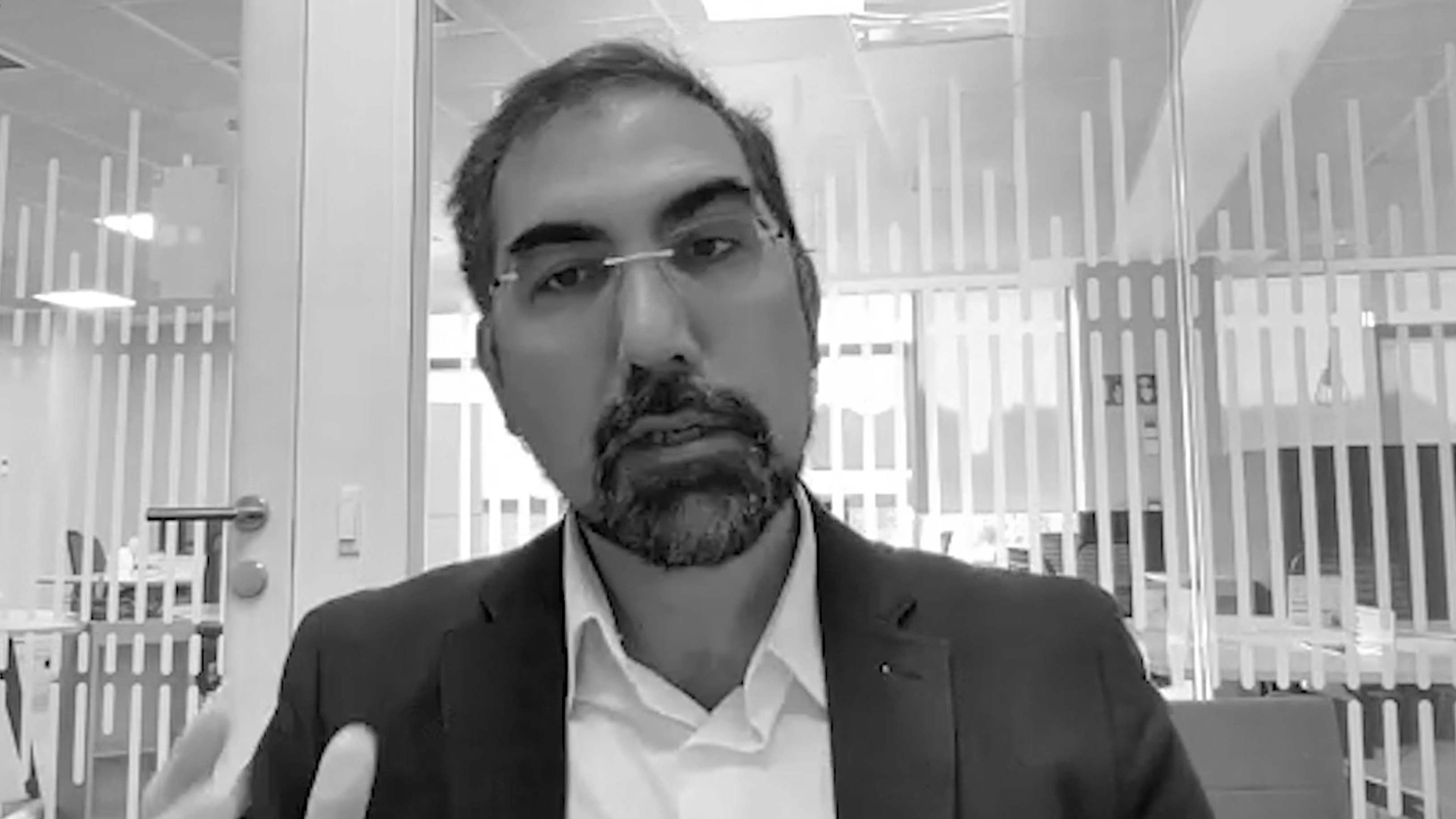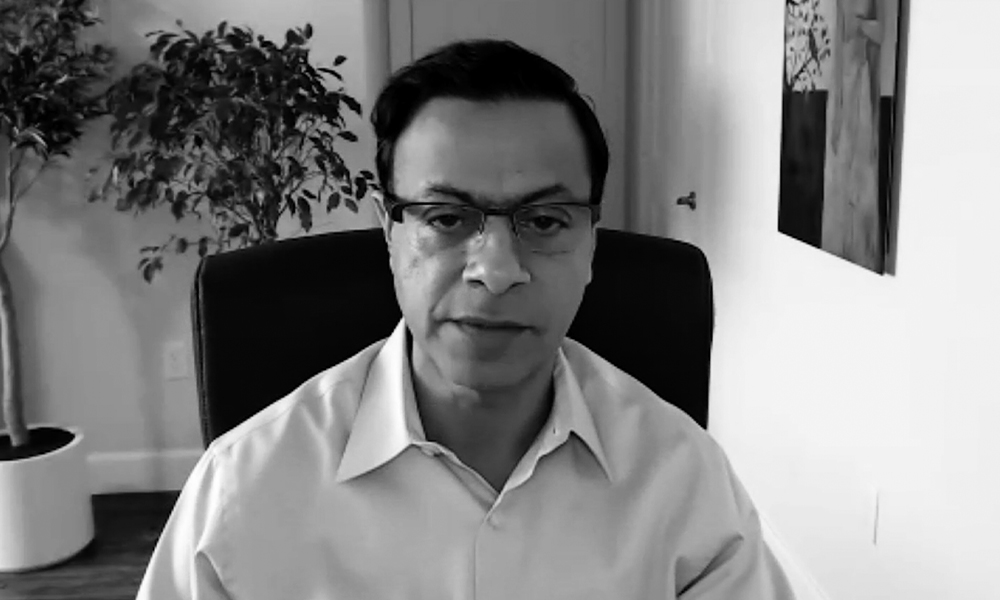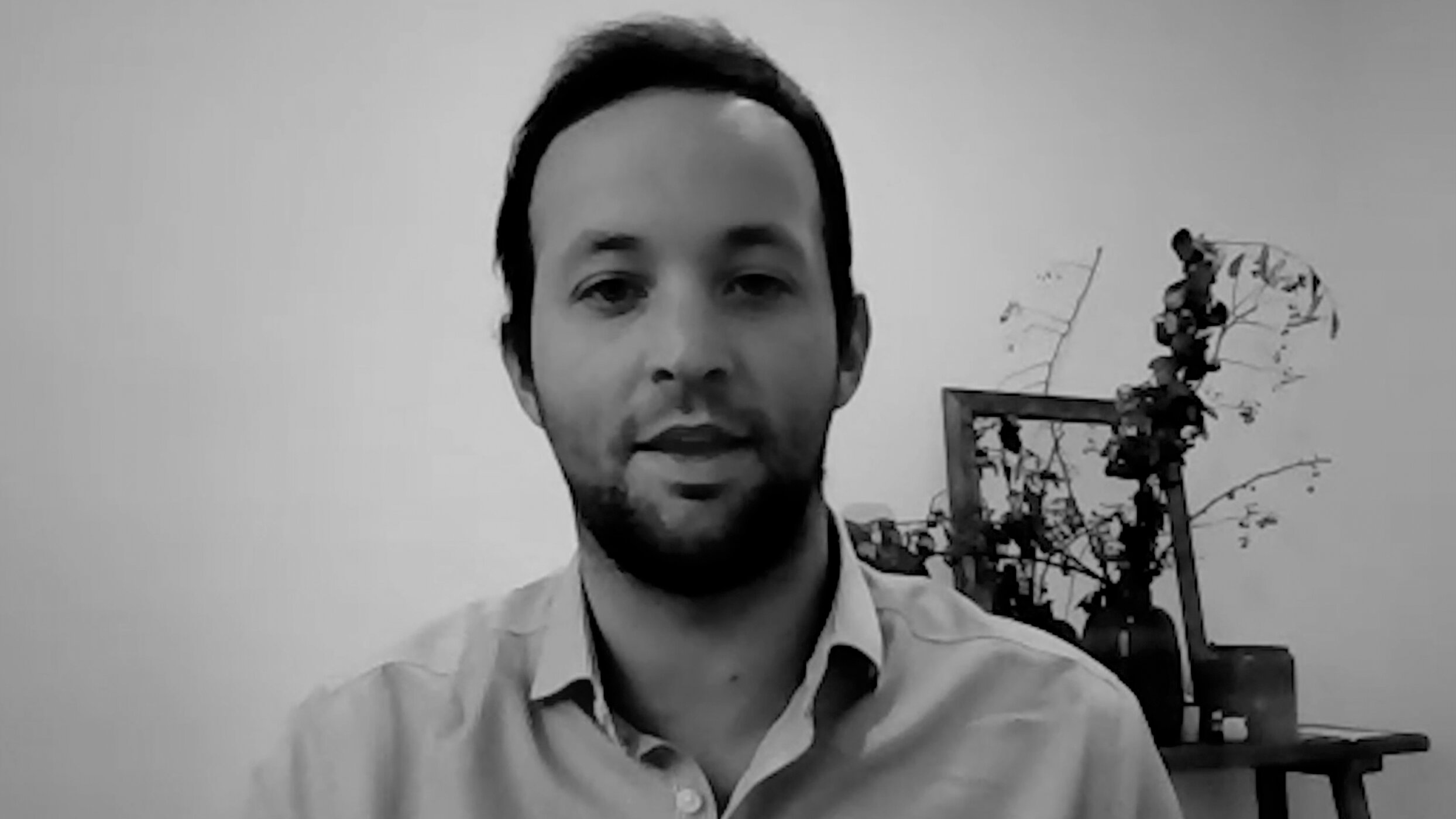
In business, with its conflicting priorities, it can sometimes be challenging to see where you and your teams can make a difference within the sustainability movement. Colleagues working directly in Research & Development, for example, might appear to have a closer connection to creating a greener and more eco-friendly future than those in operations. But that’s not the case.
My role as Head of Delivery means I am responsible for getting quality outputs to our clients, often against tight constraints, every day. I have had to consider how production, development, testing, monitoring and other critical functions make a difference when it comes to sustainability. I have found that operational staff are crucial to every organisation’s journey to sustainability.
Not all changes come from investment in new products or blue-sky thinking: real, lasting change can come from carefully re-assessing existing policies, processes, tools and tasks and finding opportunities to improve.
Cooperation not competition
My start point is that sustainability, optimisation and cost control do not compete – rather, they are inherently linked. Not all changes come from investment in new products or blue-sky thinking: real, lasting change can come from carefully re-assessing existing policies, processes, tools and tasks and finding opportunities to improve.
As a quick example, buying new personal computers across a business once every five years rather than four might seem an economic cost-based decision. Still, it has a significant impact on the resources involved, from raw materials to energy. The switch may help optimise procurement activity too and free up resources to solve other problems.
Making such decisions is, of course, a team effort. Success will come from having sustainability play a key role in corporate culture. This should include clients, suppliers and other stakeholders as well as management and colleagues. Without being on the same page, it can be hard to convince anyone of the need to invest in change and achieve tangible results. Any required spending, from an operational perspective, is likely to lead to optimisations and provide value overall, but this can sometimes be a challenge to see in early discussions.
With a healthier balance between regulation and agility, creative workers can help you find ways to speed up response times, improve compliance, and use resources more effectively.
To help, it is important to focus on key priorities. Lots of ideas can fly around when operational people get together to discuss possible optimisations. It can be hard to progress without agreeing to specific goals. Switching to digital-only invoicing is perhaps a straightforward optimised process with positive sustainability benefits, for example, but it can be a challenge to gain client agreement unless you can clearly explain the objectives.
Collaborative creativity
The journey towards sustainable, optimised and cost-effective operations depends on providing opportunities for team members to use their creativity. Removing repetitive tasks and duties from people using automation is a clear step towards this. With a healthier balance between regulation and agility, creative workers can help you find ways to speed up response times, improve compliance, and use resources more effectively. Couldn’t it be said that the true purpose of work is to put our skills and judgment to best use? I’d go further and say creative problem solving is the reason humans are on the planet. It is surely key to securing our future in the face of current challenges.
This is why, for me, optimising our day-to-day activities, producing fewer steps in a process, reducing repeated actions, reducing waste, embracing automation, and similar interventions, are all important when it comes to delivering change.
First you understand, then you simplify
When considering optimisation, it is worth remembering the IT principle of understanding and then simplifying any issue. The ‘understand-simplify’ methodology has become widely accepted, having been applied to software, programming and robotics since the earliest days of electronics.
A useful example of this in action is the optimisation of testing and Quality Assurance. Thanks to rapid technology improvements, checking outputs is easier than ever – but are new checks simplifying the issues or adding unnecessary complications? There is a strong sustainability (and return-on-investment) case for switching to narrower automated processes or guidance here, rather than employing yet more ‘monitoring police’ to be on continual guard.
Investment in new forms of power generation such as solar and wave power might always grab the headlines; the exciting thing about having an operational impact on sustainability, however, is that every team and individual within a business has the opportunity to make a difference.
We have a seemingly ever-increasing amount of data at our fingertips today too. One of the side effects of the recent pandemic is a rush to share. NTT DATA has certainly been kept busy helping clients put more and more information in the cloud to enable remote access, for example. However, does more data access inherently aid our understanding of any operation? I would argue not. Reducing the amount of data touchpoints in any system to the minimum is a good habit to get into.
…
Sustainability, optimisation and cost reduction steps such as these work on a different magnitude to research and development into new technologies. Investment in new forms of power generation such as solar and wave power might always grab the headlines; the exciting thing about having an operational impact on sustainability, however, is that every team and individual within a business has the opportunity to make a difference. The optimisation of things is ultimately the optimisation of people too – and every organisation can get started with this to kickstart their sustainability transformation right now.



















